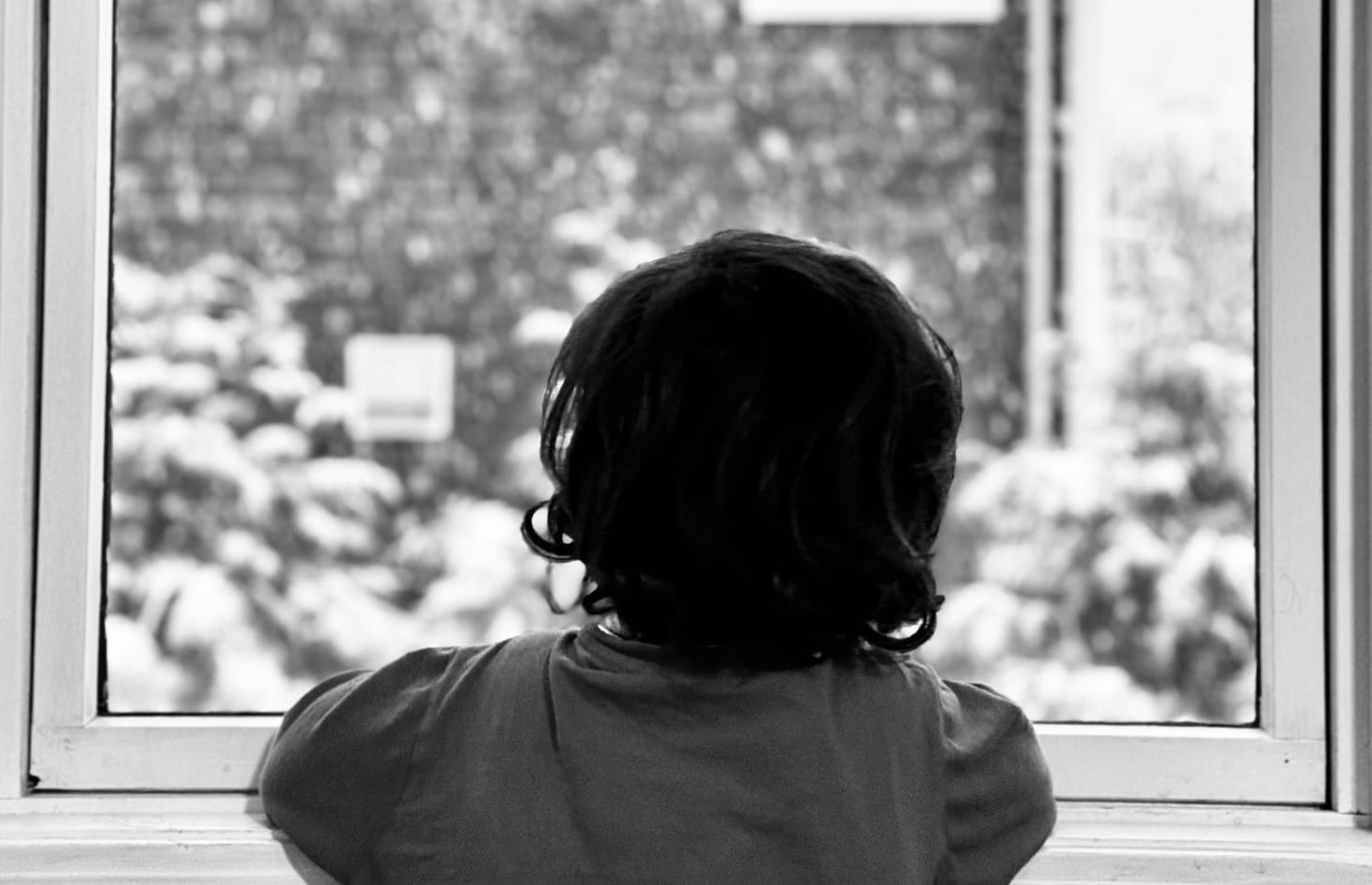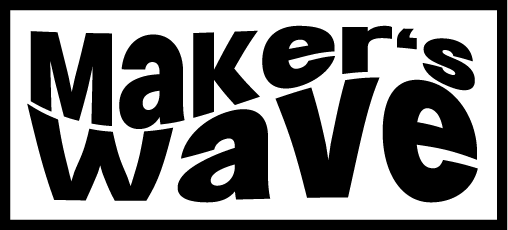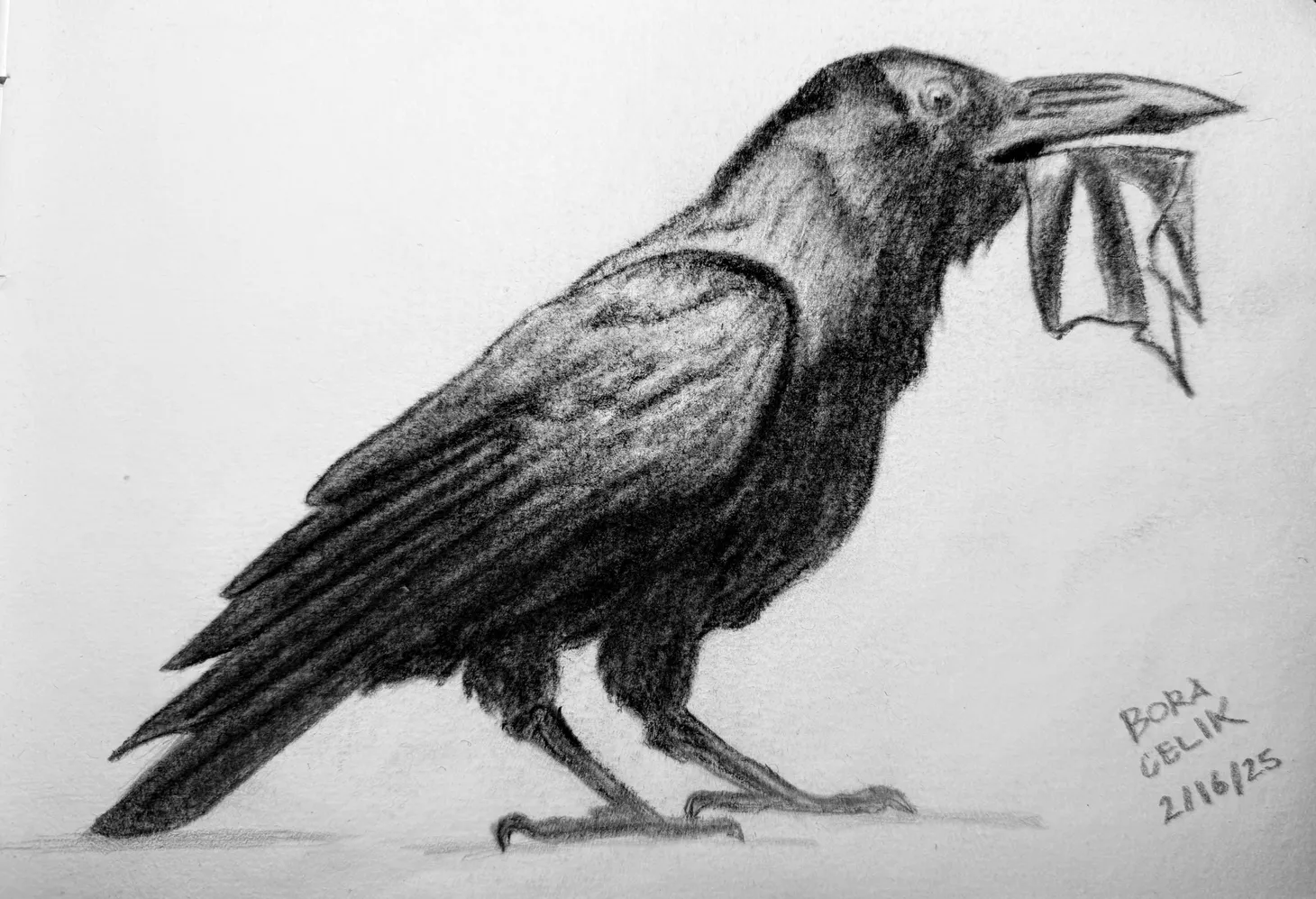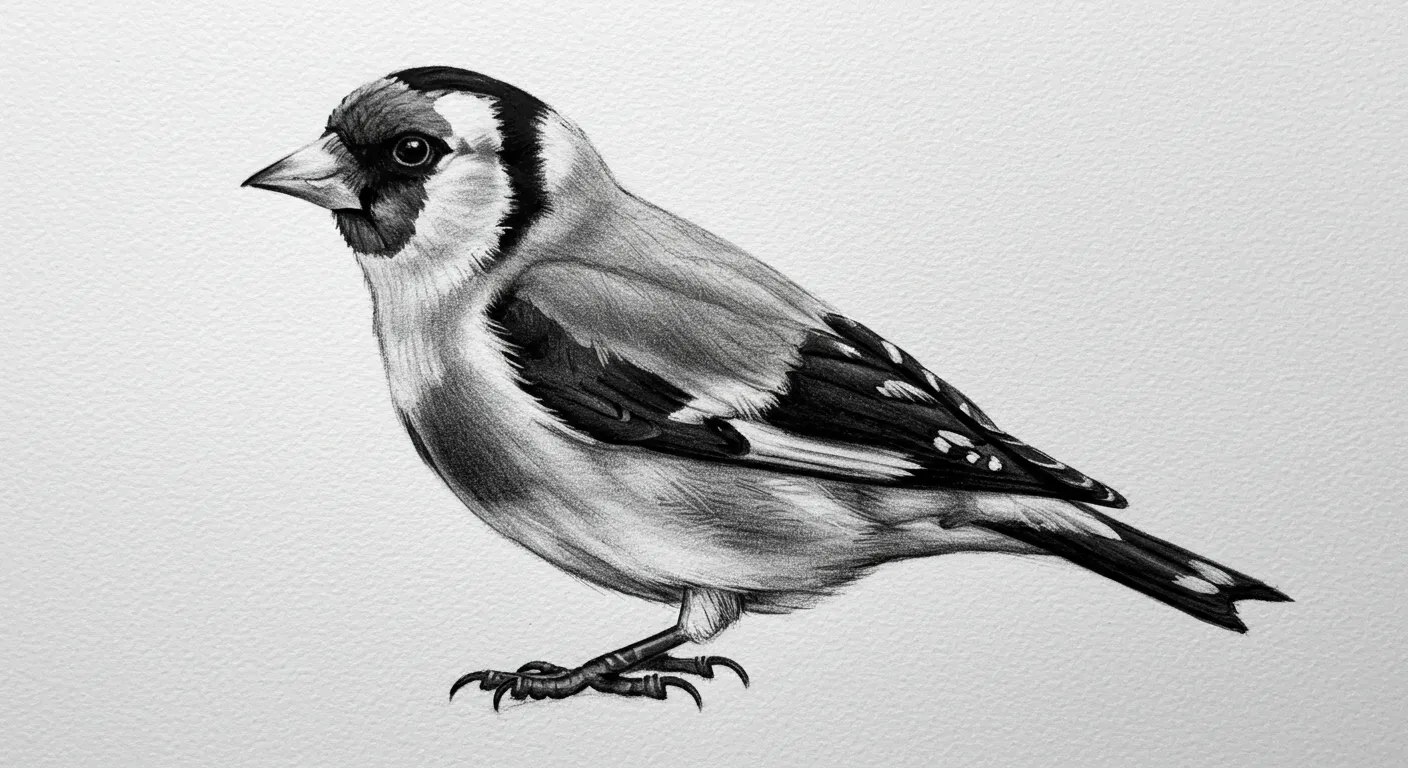Taste

I worry about my toddler-aged son's future.
What could be a career path for him that can have a future in our quickly changing work landscape?
Too early to worry about that now? Maybe, I don't know...
I've been thinking about how skill will matter in the future.
AI now does anything related to knowledge and information, making many knowledge-worker jobs obsolete.
So, where do we fit in? How can humans stand out and carve their own space?
Taste, says Scott Belsky.
Taste will become more important than skills as much of skill-based work and productivity is offloaded to compute.
That stopped me in my tracks.
It reminded me of a book I read a few years back. Futureproof by Kevin Roose. My main takeaway from the book was how human creations will be valued more than machine creations in the future.
An AI expert told Roose:
If you could write a user’s manual for your job, give it to someone else, and that person could learn to do your job as well as you in a month or less, you’re probably going to be replaced by a machine.
I don't disagree with that.
An example was given in the book. A Blu-Ray DVD player sold on Amazon for $47, and a handmade ceramic bowl sold for $750. The Blu-Ray player is a complex device built with advanced robotics. The bowl is a simple object made of clay on a wheel, using thousands of years old techniques. Yet it sold for fifteen times more.
Could the taste Belsky is talking about be a factor in this example, too?
Belsky wonders out loud in a different article:
What are the basic elements of taste? Is it the amalgamation of life experiences and what we’ve been exposed to? Is taste related to our state of mind and perspective on the world? How do we develop taste in the next generation?
Yes! How do we develop taste?
Belsky says:
"We must study the history of art and the creative choices and sources of the greats."
Ok, now we're getting somewhere.
Who are these greats?
I imagine painters, filmmakers, musicians, writers, and artists of all kinds.
My usual consumption habit for music and books is to follow new releases. I don't do much crate digging.
But perhaps it's time to change that.
I recently started to expand my library with books on art and design history. Got biographies and works by:
Legendary filmmakers like Stanley Kubrick, Ingmar Bergman, and Werner Herzog.
Musicians like Bob Dylan and Lou Reed.
Designers like Yves Behar, Milton Glaser, Dieter Rams, and Michael Bierut.
I don't usually listen to jazz, but I started listening to greats such as John Coltrane, Miles Davis, Thelonius London, and Sonny Rollins.
I'm also planning to get into classic old books by great authors.
Folks with an arts background seem to have an advantage here. I have an engineering background (could have been a writer instead, but that's a story for another time), so I must catch up. Will I ever be able to, though?
I imagine this topic to be an evergreen one to be revisited repeatedly.
Belsky adds:
We must expose people to unique and admirable demonstrations of taste and celebrate it. We must develop a desire and value for creative expression in the next generation.
Now, that's a future I can get excited about.
Do you disagree taste will be more important than skill? Also, which greats do you recommend? In any field of art. Comment on the LinkedIn post.
Maker's Wave Newsletter
Join the newsletter to receive the latest updates in your inbox.




